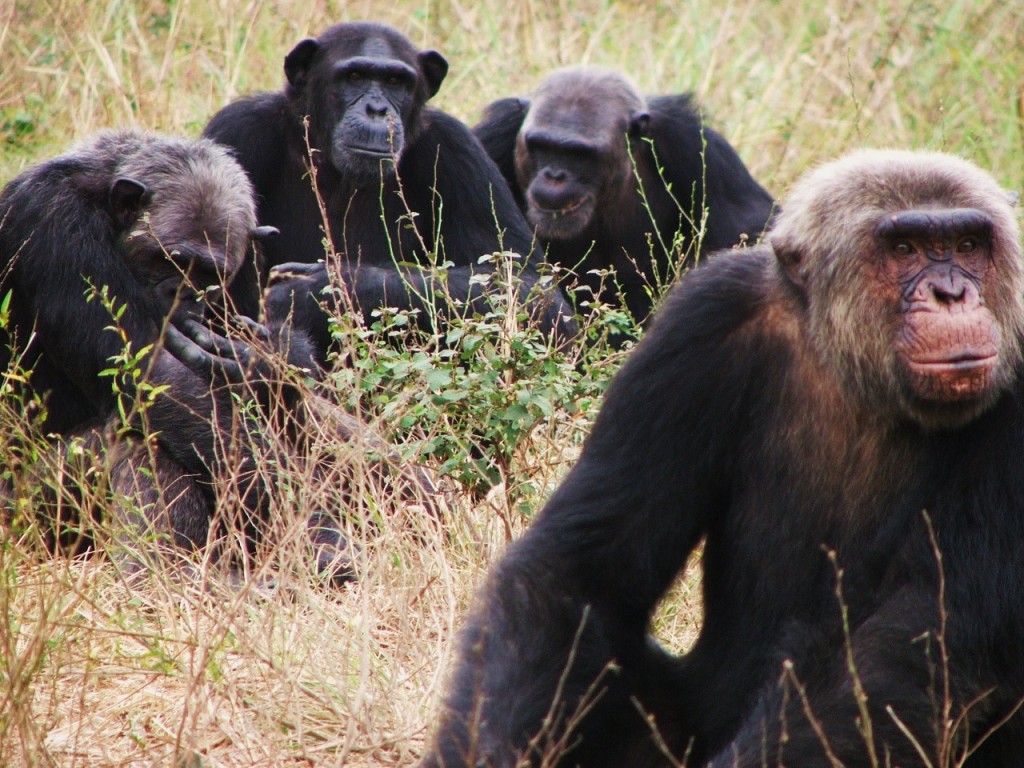CHIMPANZEES ISLANDS AND THEIR INHABITS

Years ago, Innocent began mulling over building a skill center that would help keep local youths away from the forest by empowering them with globally viable digital skills.
But that vision was tempered by a lack of cash — an obstacle widely reported by other scientists
Born at the peak of the civil war , didn’t enjoy an easy childhood. “We spent most of our time in the bush trying to escape from rebel forces
The year of his graduation, an island near Bo that hosts a rich forest and swarms of butterflies and birds.
When he first raised the prospect of converting the island to a tourism-conservation hotspot, locals received it warmly.
But he lacked funds to carry out a primary survey to prove primates lived on the island, or to compensate displaced locals and lobby lawmakers to gazette the area.
The lack of resources available to local conservationists can stand in sharp contrast to the largesse of international organizations.
now 36, was a child during what’s often described as the “golden age of Cross River conservation.
Previously thought to be extinct in Nigeria, Cross River gorillas were found in the wild in the 1980s, triggering an influx of Western scientists and conservationists.
As the son of a local leader, Kenneth witnessed foreign NGOs promising scholarships, schools, hospitals, water boreholes
roads to persuade enclave communities to accept an active role in the conservation of their own ecosystem.
They made themselves seem like saviors who have come to solve all of the people’s problems in exchange for conserving the forest.
Over time, cash for conservation became a pattern in the region, keeping out young rural scientists who lacked the funding to match this flamboyance.
“Our people now believe that any conservation which doesn’t throw money around is not worth giving time or attention
Over the past few years, he has spent time and resources chipping away at this mindset through campaigns and engagement, a pathway to stimulate local trust
Though communities applaud their work, many men still oppose the full participation of their wives and daughters, viewing it as a distraction from responsibilities at home.
And because men, backed by culture and religion, retain significant control in society, some women are expected to align their pursuit of science with home duties .
Compiled by
World Travel News, Gorilla Trekking Uganda and Gorilla Trekking Rwanda




